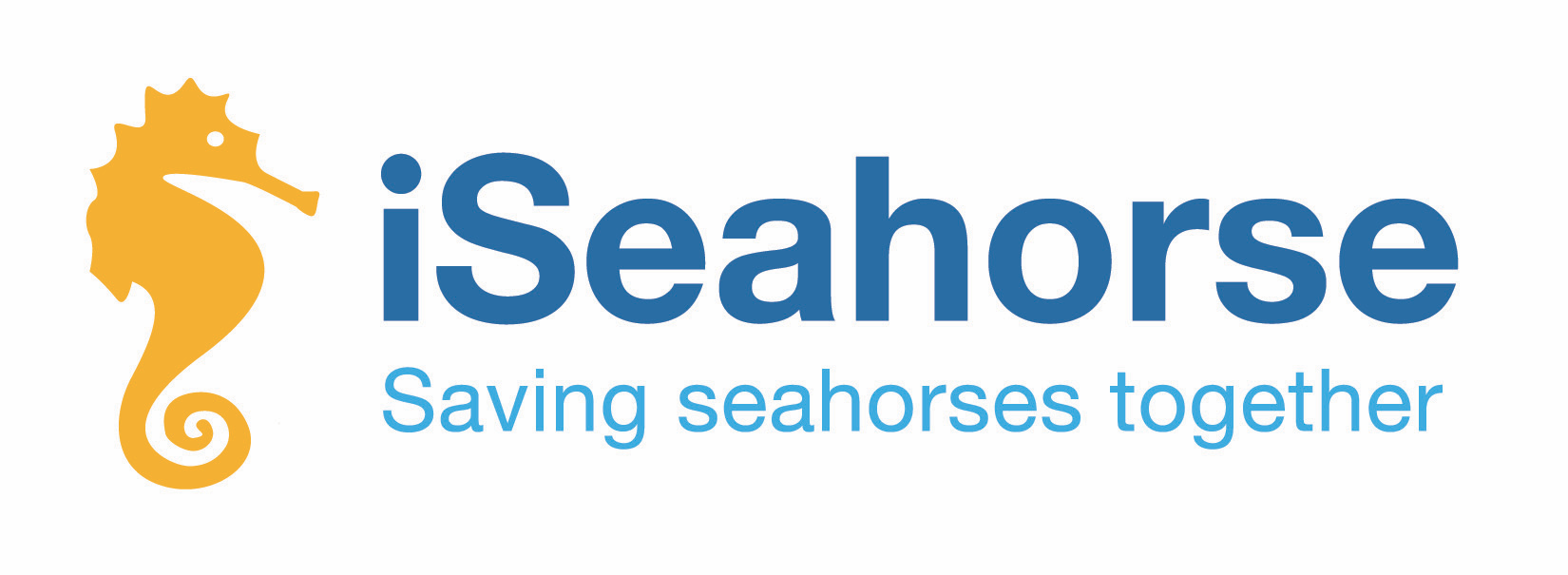National Seahorse Experts & Ambassadors
iSeahorse harnesses the power of divers, photographers, scientists, conservation groups and other seahorse enthusiasts around the world to improve our understanding of these elusive and threatened animals and to increase conservation efforts. As Project Seahorse acts in the capacity of the IUCN SSC Seahorse, Pipefish and Stickleback Specialist Group, iSeahorse provides a vital tool for global conservation action for these fishes.
We have identified nationally prominent experts in seahorse ecology and conservation as National Seahorse Experts (NSE) and those committed to seahorse conservation as Ambassadors.
National Seahorse Experts, in addition to reviewing and validating seahorse observations for their country, will answer your country specific seahorse questions or comments.
Ambassadors are valued seahorse conservationists that help to promote iSeahorse. Together, our hope is to increase public awareness of seahorses and marine conservation, empowering citizens to take action for seahorses and the seas.
To find a National Seahorse Expert or Ambassador in your country, select your country from the dropdown below.
Global Seahorse Experts
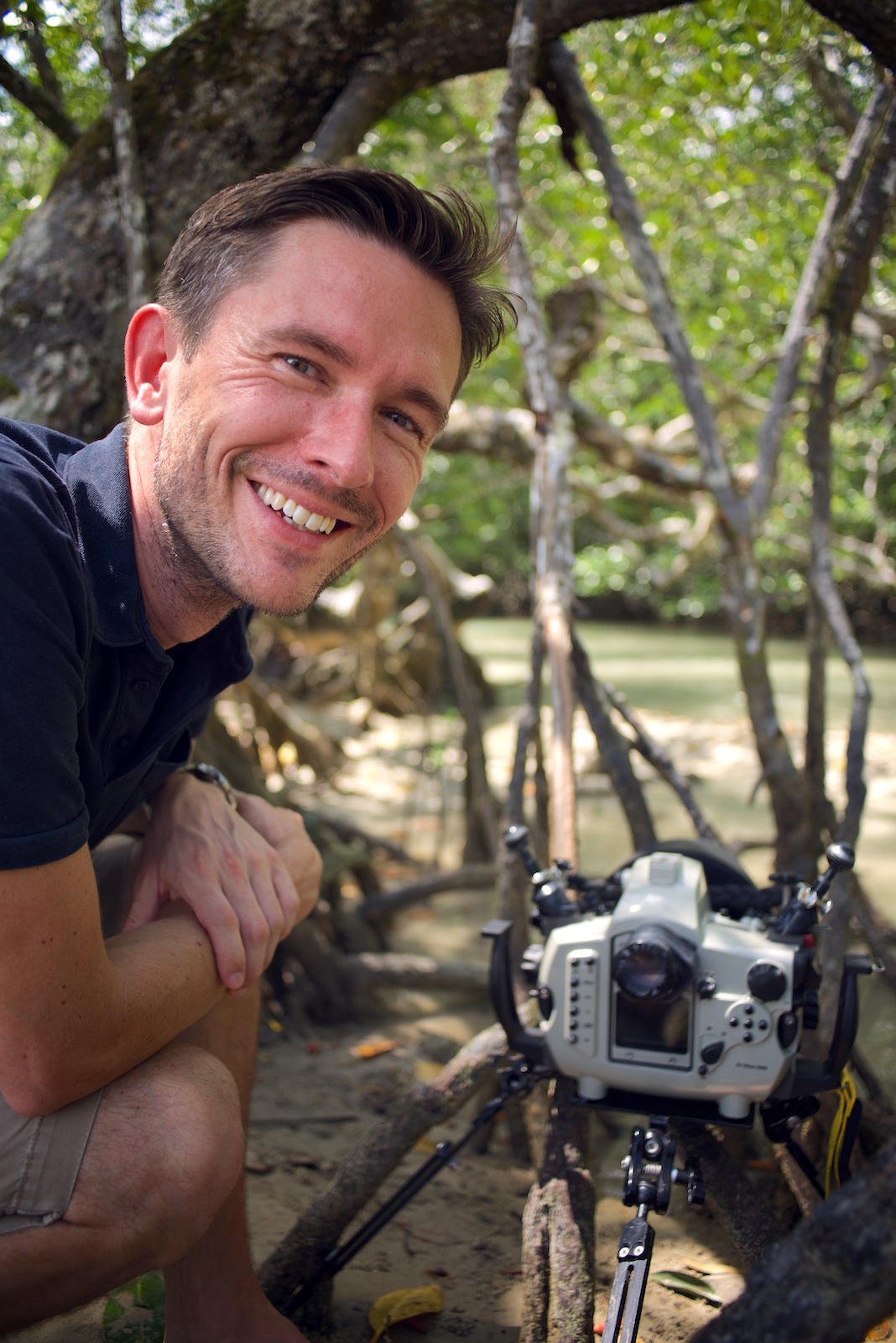
Richard Smith
Pygmy seahorse expert
My research has been focused on pygmy seahorses, which I have found to be endlessly fascinating. iSeahorse is a great platform for helping us to find out more about the biology of these and other seahorses through citizen science.
Global Ambassadors

Scubashooters.net
Our motto is the sea of the web, and we really mean it; we bring the ocean into your PC/Phone. We strongly believe that knowing the beauties of the ocean will help people to acquire consciousness and with consciousness comes respect. Knowledge brings respect also among those people living far away from the ocean whose behaviors have a deep influence on the extremely delicate equilibrium of the sea. For all these reasons and many more Scubashooters was created.
Argentina Seahorse Experts
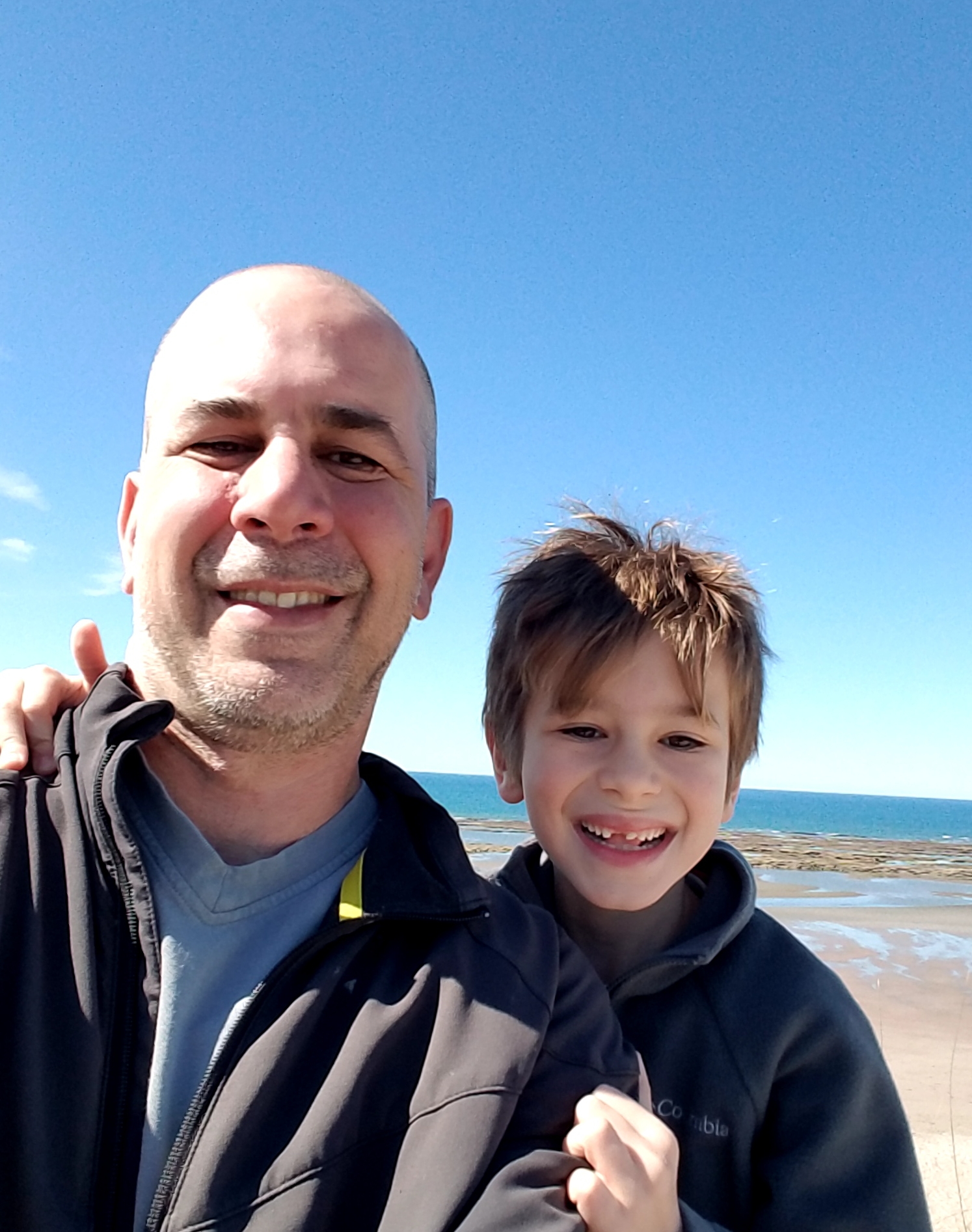
Diego Luzzatto
Diego works for The National Scientific and Technical Research Council of Argentina (CONICET) and his research project focusses on "The genus Hippocampus (Pisces: Syngnathidae) in the Argentine Sea: Taxonomy, population ecology and guidelines for its management and conservation." Why seahorses? Due to the power that they have to reach the people with a conservation message. Why conservation? Because it might be the only way to have a better future.
Argentina Ambassadors
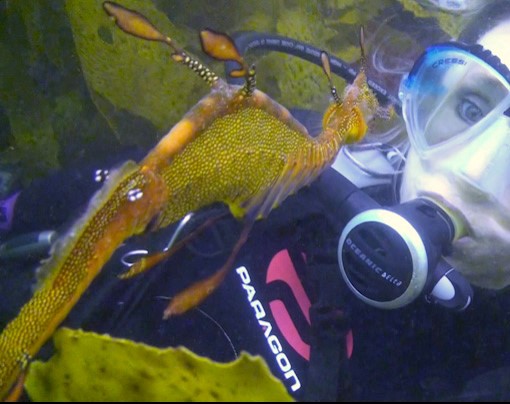
María Gabriela Pujol
Dr. María Gabriela Pujol is in charge of the laboratory of Ecology of Aquatic Environments of the Museum of Natural Sciences, Mar del Plata, Argentina. She leads a program of environmental education with the Seahorse as a flagship species.
Australia Seahorse Experts
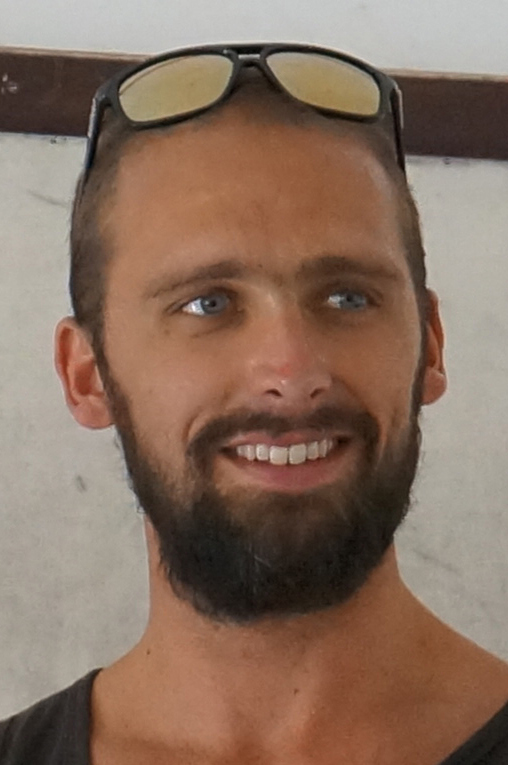
Maarten De Brauwer
Maarten is a marine scientist at Curtin University, Perth (Australia) and studies cryptobenthic fauna on soft sediment habitats. His current work and previous experience as a dive instructor have taught him how the magic of seahorses can transform the way people see the ocean and motivate them to protect these wonderful ecosystems.
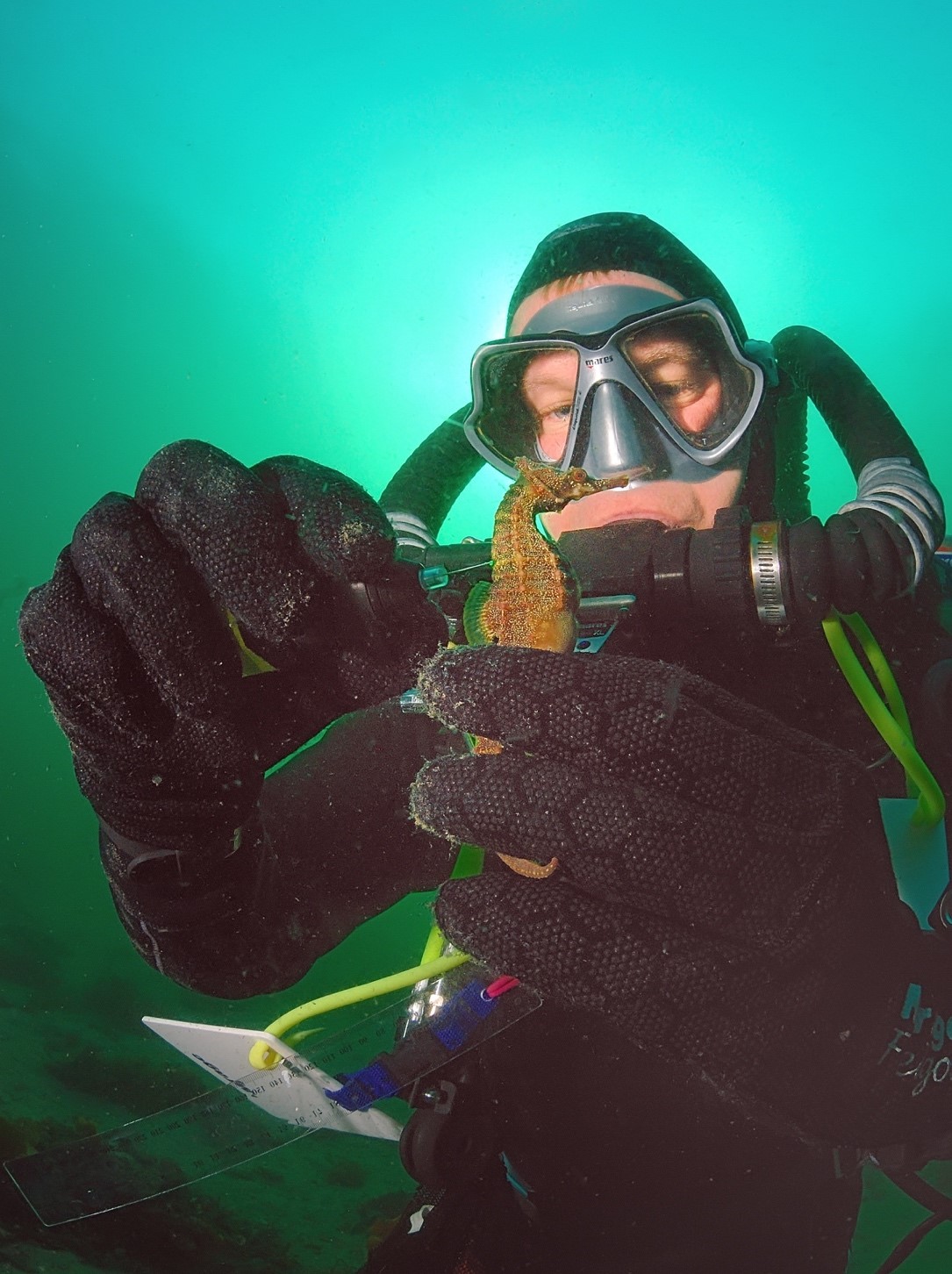
Dave Harasti
Dr. Dave Harasti is a marine scientist in Australia who has been working on threatened marine species (sharks, seahorses and fish) for the past 20 years. He currently works as a Senior Research Scientist for Fisheries NSW and completed his PhD in 2014 on the biology, ecology and conservation of the White’s Seahorse Hippocampus whitei. Seahorses are his favourite marine species and his focus is the conservation of marine habitats; if you can save the habitats, you can save the seahorse.
Brazil Seahorse Experts
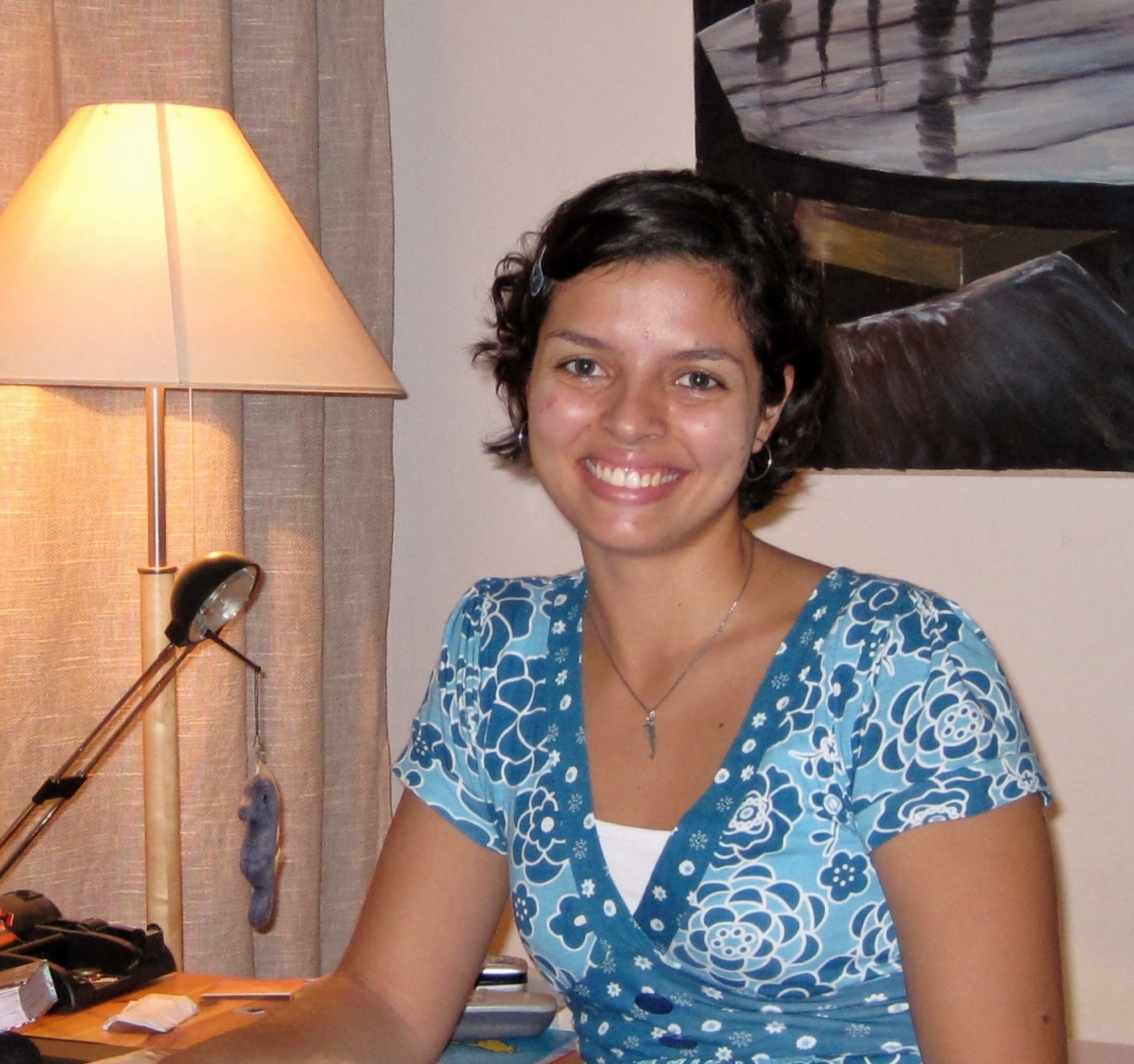
Tacyana Oliveira
I am a zoologist at Universidade Estadual da Paraíba (UEPB) in Brazil, where I coordinate a research group on the behaviour and conservation of fishes. Seahorses have long been the main focus of my studies, particularly due to their unique life history and the threats they face in the Name (e.g. overfishing, trade, and habitat destruction). Our work primarily focus on seahorse wild population trends and behavioural aspects, and also involves identifying the threats they face and proposing measures to improve these fish (and their habitats) for conservation.
Cambodia Ambassadors

Projects Abroad Cambodia - Koh Sdach Conservation Project
Marine Conservation project based on the island of Koh Sdach on the West coast of Cambodia. Working with local community and fishermen to reduce plastic and other waste entering the waterways here and reducing damage to the reef from discarded fishing nets. Our main focus is on the seahorses but we are also studying the local reefs, fishes and endangered species including seahorses and sea turtles. We love seahorses and would like to see them flourish in this area! for more information, follow the link.
China Seahorse Experts
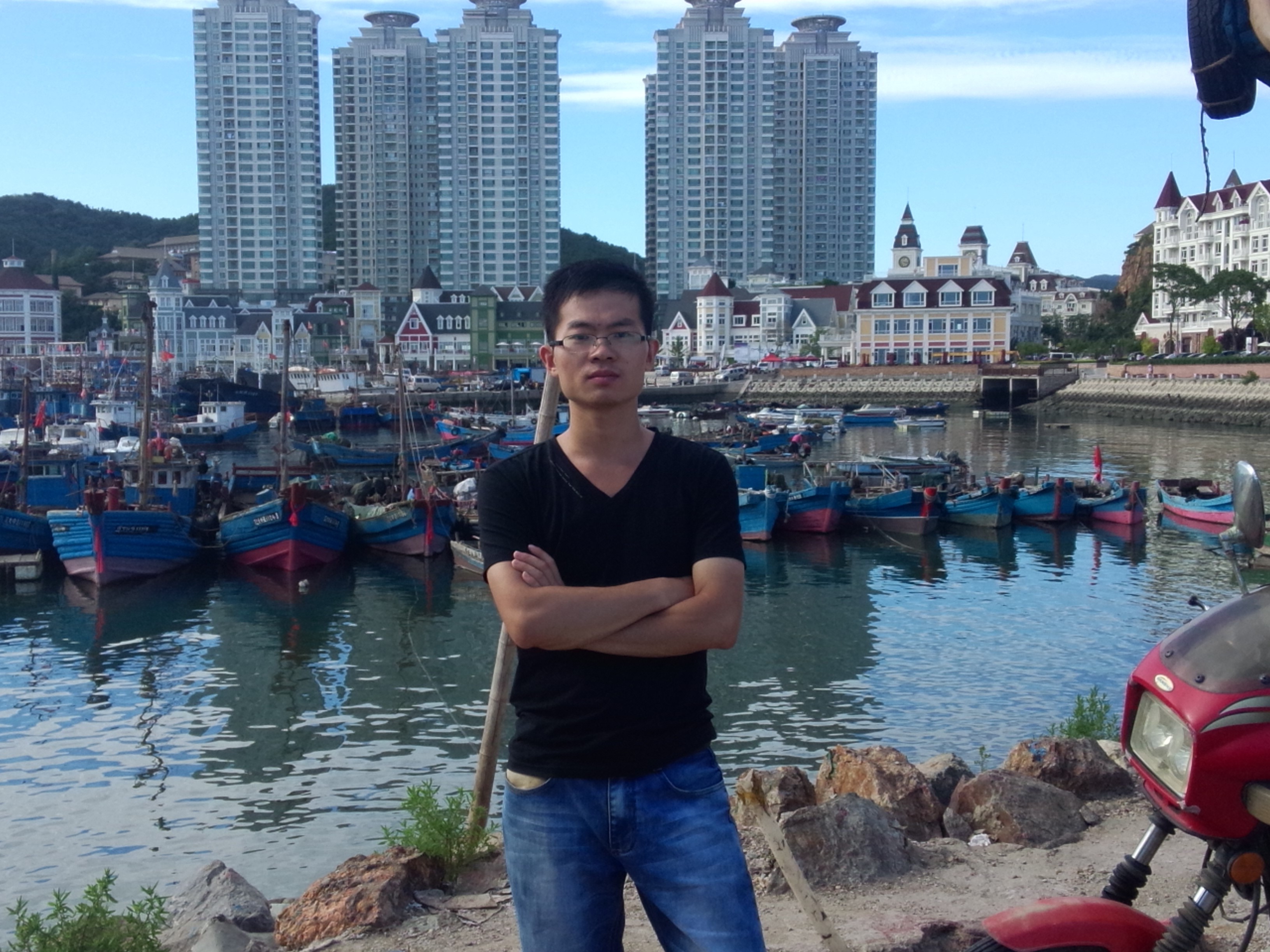
Xiong Zhang
I am a conservation biologist, studying rare and threatened marine life. I love seahorses because they are such extraordinary fishes and vital to marine conservation.
China Ambassadors
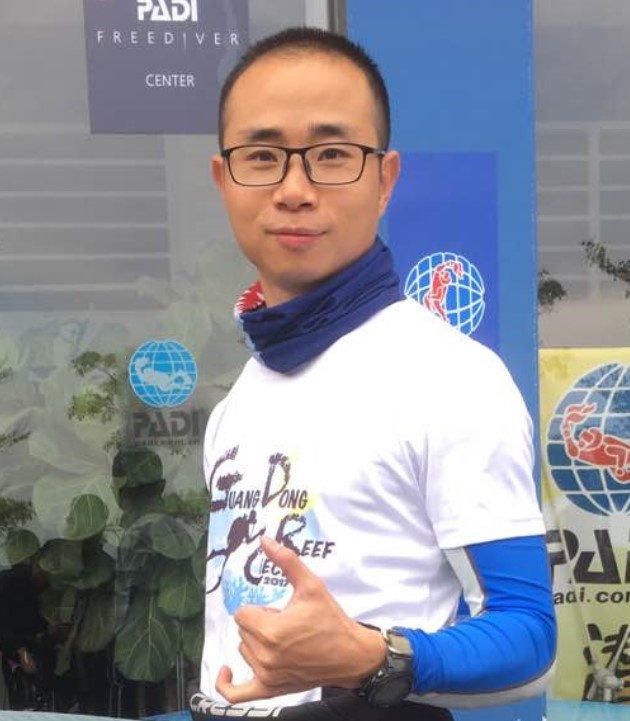
Bao-lin Liao
I am a senior engineer at Shenzhen Institute, Guangdong Ocean University. I'm also the Coordinator of Reef Check in Mainland China. I have worked in marine conservation for 11 years, with a specific focus on coral reefs. I'm familiar with China's coastal ecosystems and keen on marine ecological research. Through this position, I wish to engage more people in China to care about seahorses and understand their importance to marine ecosystems such as coral reefs.
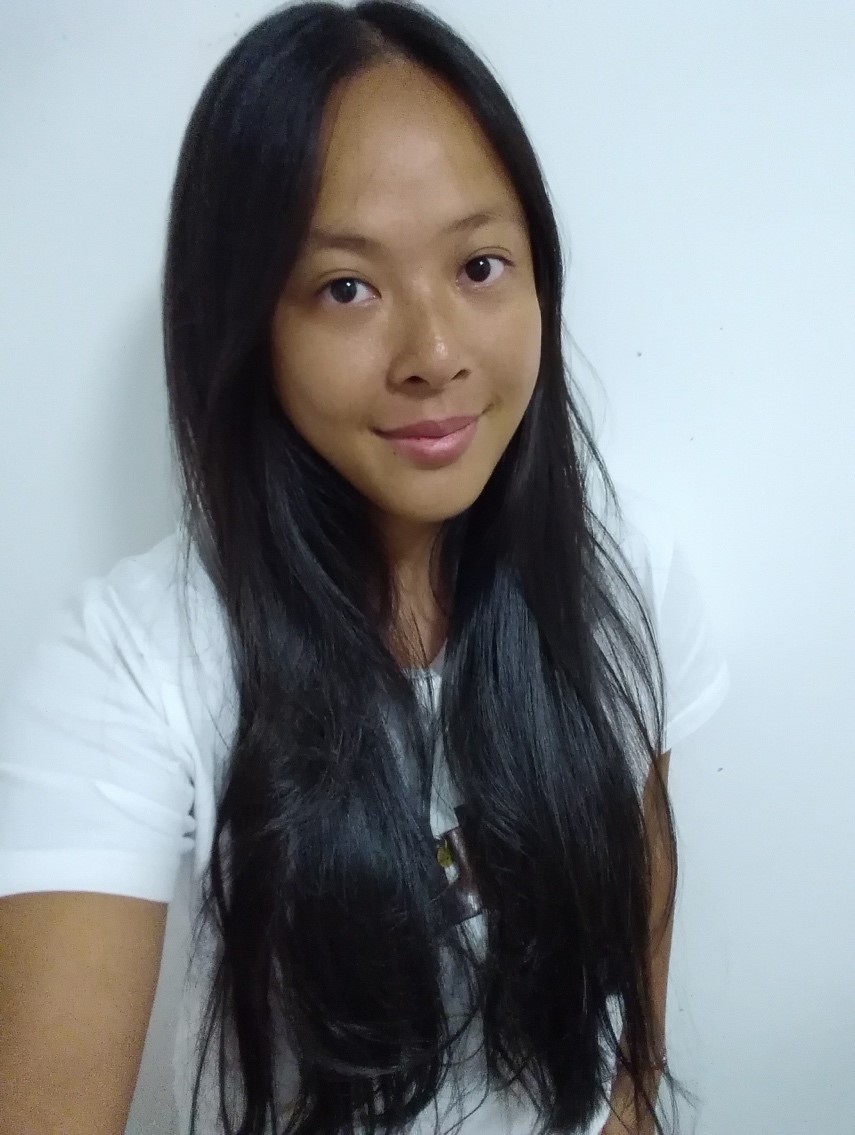
Su-qun Liao
I'm the Secretary-General of Guangzhou Diving Enthusiasts Association and am the Guangzhou Team Leader of Guangdong's Reef Check. I like diving, painting, and sports. I want to learn more about marine organisms, like seahorses, and take actions to influence other people to protect the ocean.
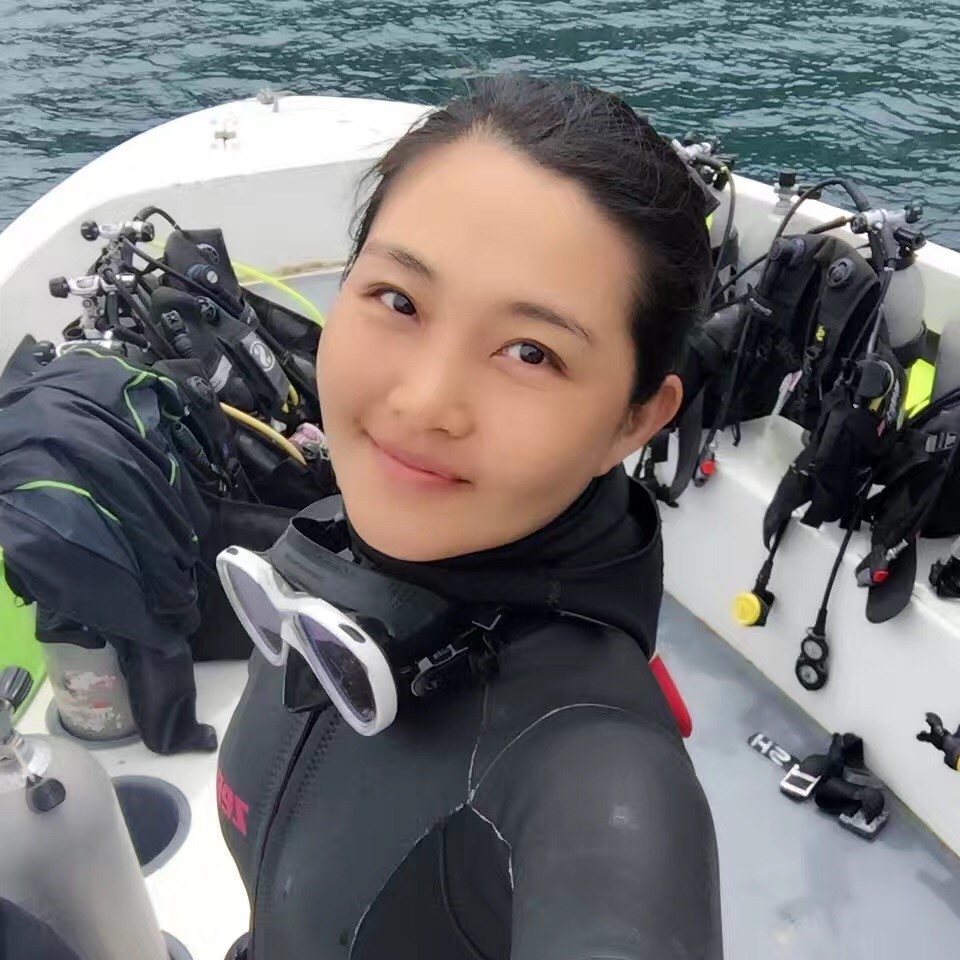
Zi-yi Mo
Co-founder of Divist Club (Beijing), PADI Dive Instructor. Seahorses are perhaps the most invisible marine species, but they are actually the saddle horse of Poseidon in Greek mythology. Because of the changeable color and the cuteness, seahorses are involved in aquarium trade. Moreover, they are heavily used for traditional medicines. These demands partially led them to be overfished to the brink of extinction. Given this status, seahorses are the National Second-Class Protected Animals, protected by Chinese Wildlife Protection Act and Penal Code. However, this fact is rarely known among Chinese people. I am willing to participate in the protection of seahorses in China with my best efforts.
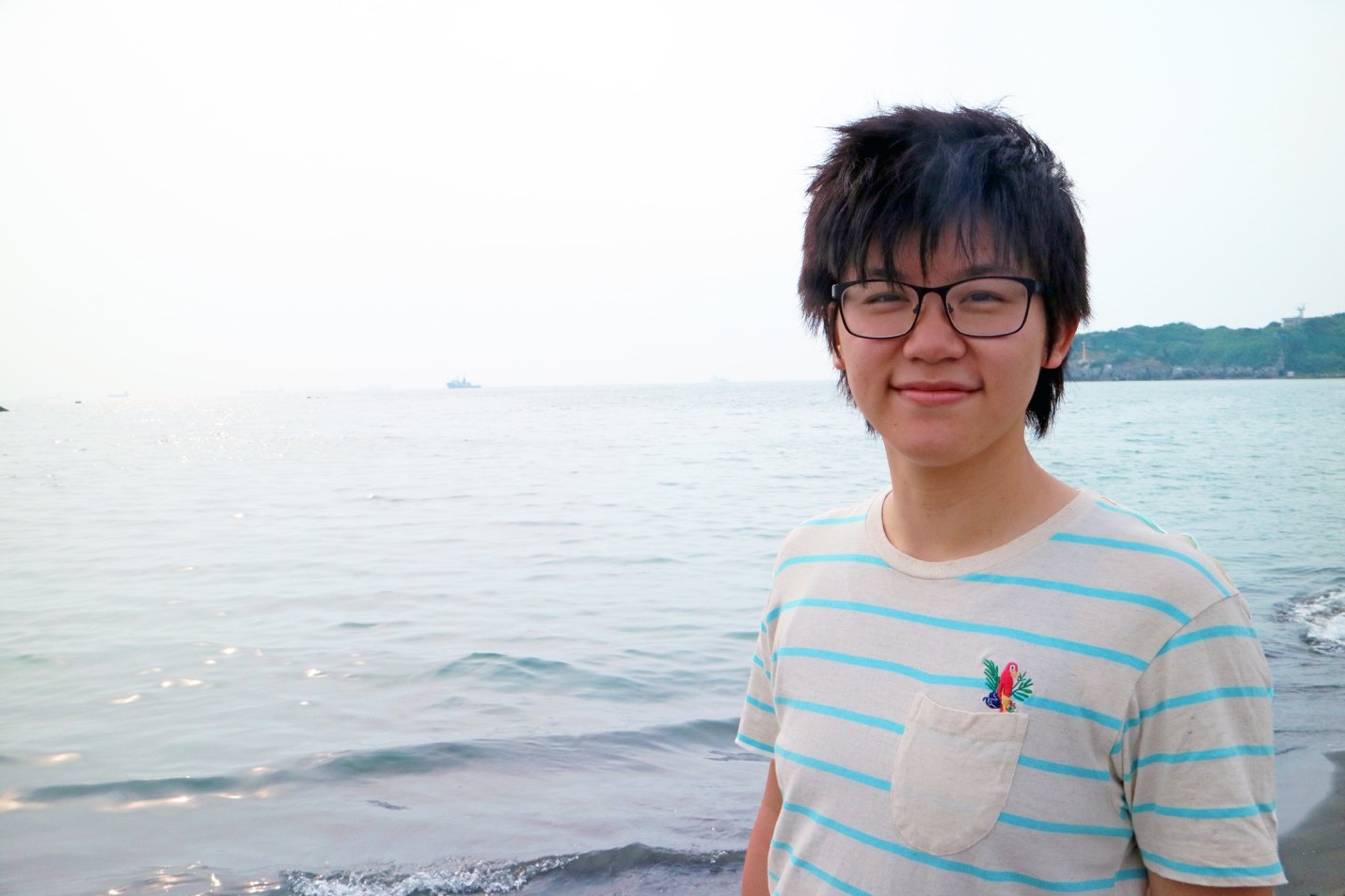
Tsz Yan Ng
I am a marine biologist from Hong Kong with research interests in coral reef ecology and marine conservation. I love every marine life and hope to make our ocean a better habitat for all the creatures. I enjoy working on the conservation of seahorses as they are fascinating in many ways, and also because it would contribute significantly to the improvement of status of many other species that share their habitats.

Miao Wang
Master of Science from University of Manchester. Deputy Secretary-general of Marine Biodiversity Program. Founder of Diver For A Better Ocean. Scuba & Freediving diver. Since I became a diver in 2015, I have been working with many organizations and communities to raise the awareness of marine conservation. I hope to use my resources to strengthen the protection on biodiversity including seahorses, sharks and rays, etc.
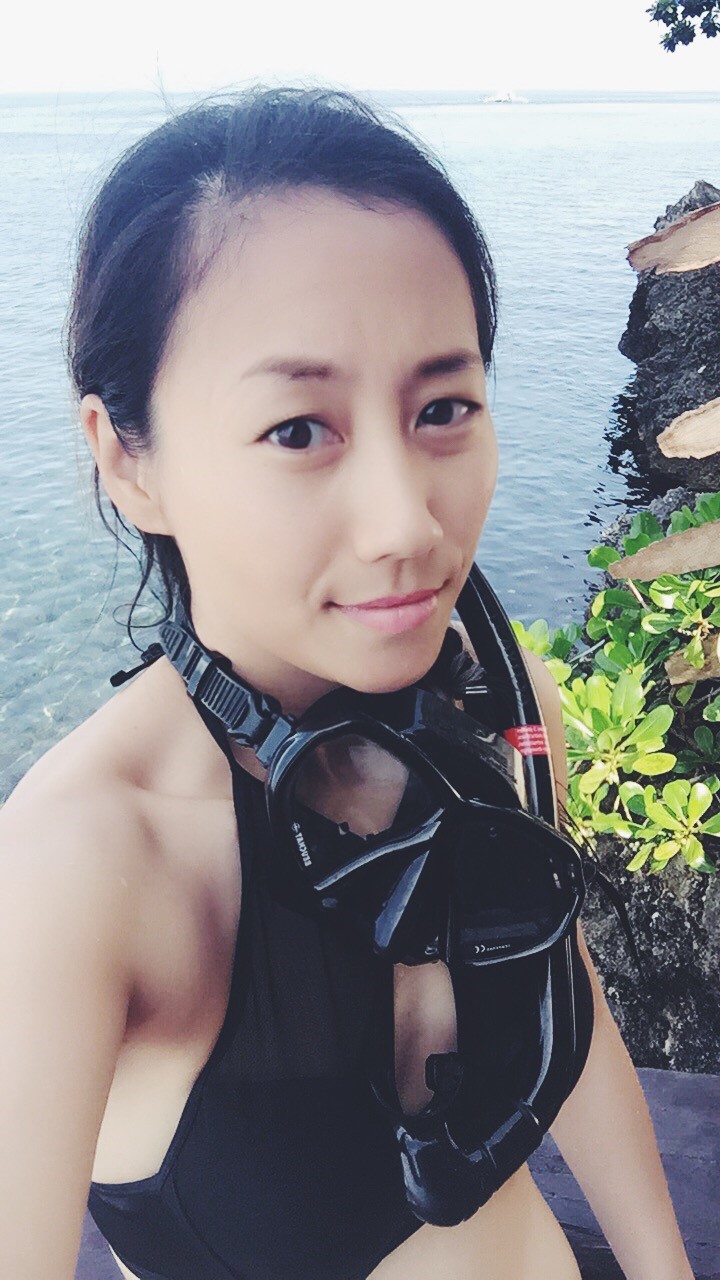
Na Yan
I am a TV Producer, Scuba diver, Free diver, and Editor. I like painting, snowboarding, longboarding and other board sports. For me, the ocean is a place where can enjoy her fantasy and adventure. The first time I met a seahorse was in Dumaguete, Philippines, when I was just an open-water scuba diver and had dived only around 20 times. I could only dive in the shallower zone above 18 meters underwater. But I saw seahorses every dive at that time. Perhaps this was fate, and then I encountered seahorses unexpectedly countless times. I was deeply attracted by these adorable species, and paid a lot of attention to them. The father gives birth. They 'walk' upright like human beings. When I learnt that Chinese seahorses are under great threat, I was determined to do something for them with all I could offer.
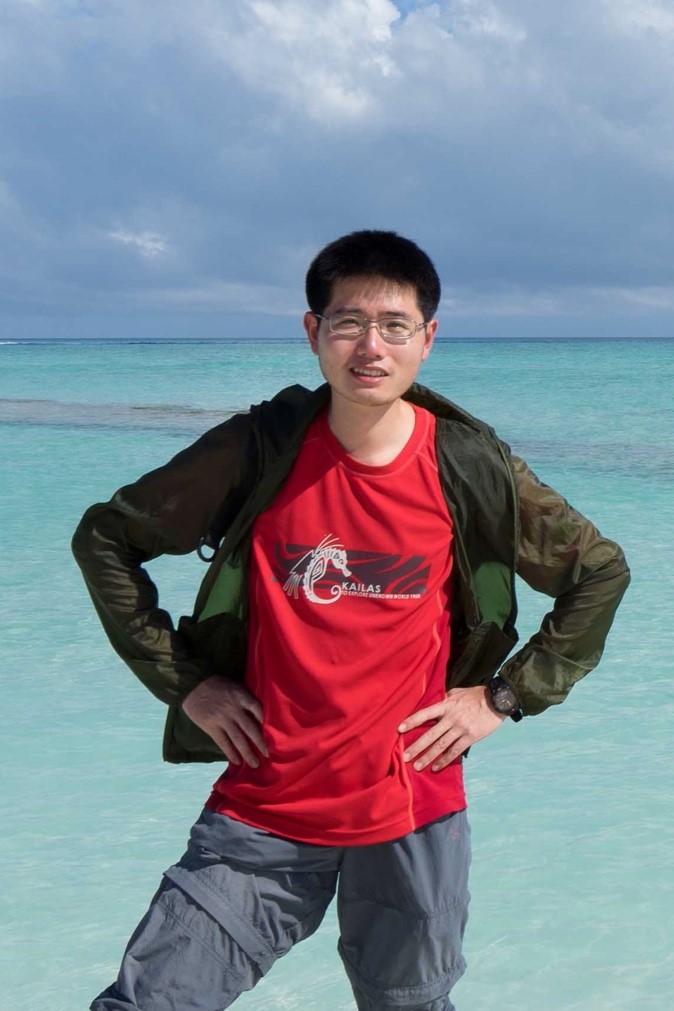
Wei-di Yang
I am a marine biologist in the School of Ocean and Earth Sciences, Xiamen University. I love nature and like to observe nature through the lens, and to record the world and share stories of fantastic species. Seahorses are unique, weird fishes that are well-known among marine biologists. But unfortunately, many normal Chinese people have little knowledge about them except their use in Traditional Chinese Medicine. I hope I can raise their awareness through my conservation outreach.
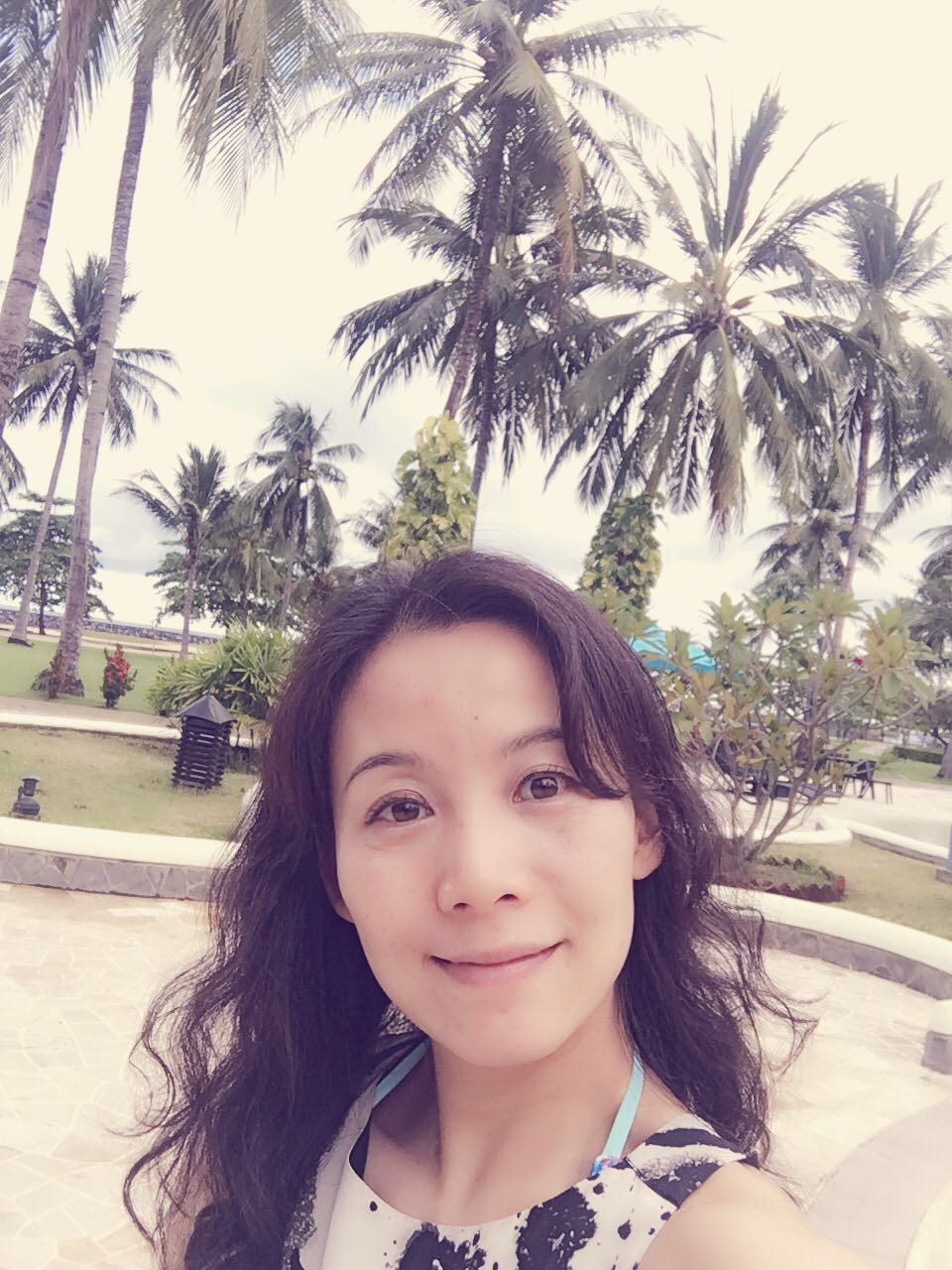
Keyi Zhou (Kelly)
I am a PADI rescue diver. I am one of project leaders from DFO (Diver For a better Ocean), based in Nanjing, were we focus on awareness creation by organizing different kinds of events, to draw the attention of the public. Diving takes me to a different world- an amazing world full of variety and fantastic marine life, such as seahorses.
Greece Ambassadors
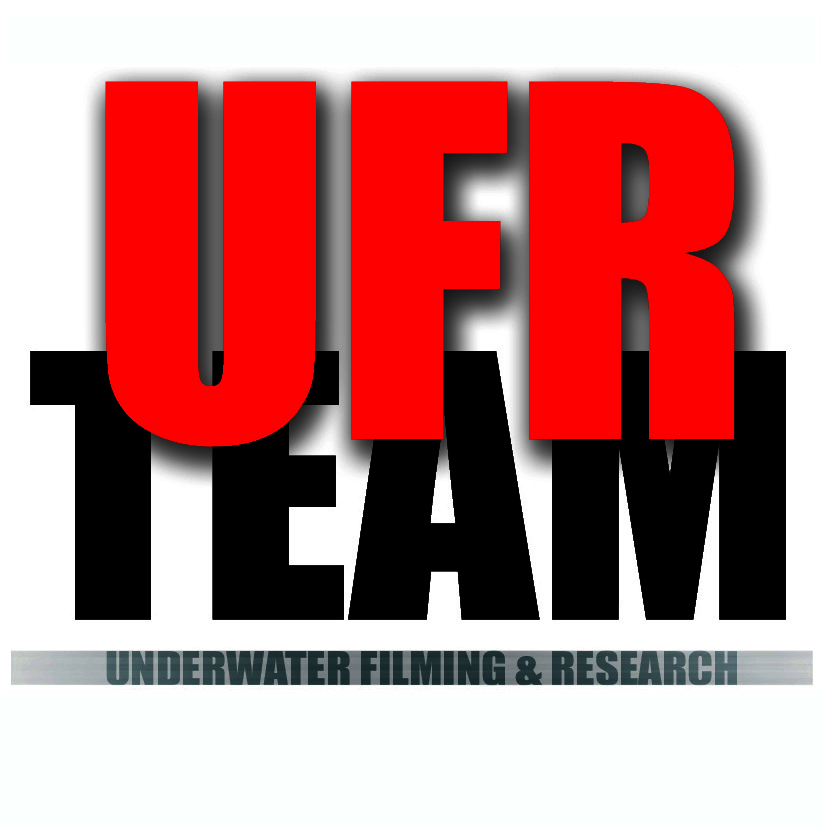
Underwater Film and Research
The UFR team specializes in commercial diving, underwater services and documentation. Among our main interests is the direction of historical and archaeological documentaries, some of which won awards international film festivals, as well as the writing and publishing of scientific articles connected to cultural heritage surveys and marine life.
After almost 25 years at the sea, we (by luck) observed a seahorse colony in 2007 during an underwater survey for antiquities. For the first time in our life we found a dive spot that anytime, any day we can dive and meet this small, unique and protected creature. We have taken photos, videos, bottom samples, conducted experiments and have constructed fake plants and ropes to help this colony of seahorses. Our aim is to protect these seahorses and create a protective area so that they can survive, if possible, forever. In beginning of 2018, we expect to complete our documentary film of these amazing seahorses we have been filming for many years now.
Honduras Ambassadors
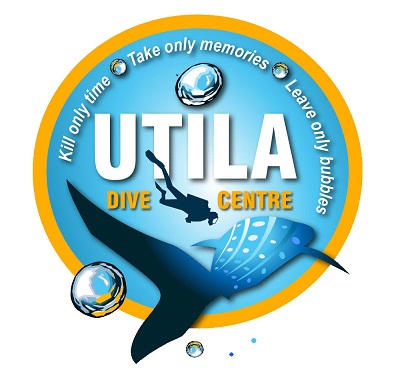
Utila Dive Center
Here at Utila Dive Center, we are passionate about the marine environment. As divers, we are ambassadors of the aquatic realm and it is our duty to advocate for marine conservation awareness. We developed our GoEco programme at UDC to educate divers in marine species identification, monitoring and contribution to conservation. UDC supports the work of iSeahorse by implementing seahorse surveys in Utila, and educating our students and divers in seahorse conservation. We feel we can raise awareness and inspire others to become seahorse advocates and contribute to iSeahorse whilst diving around the World!
Iran Seahorse Experts
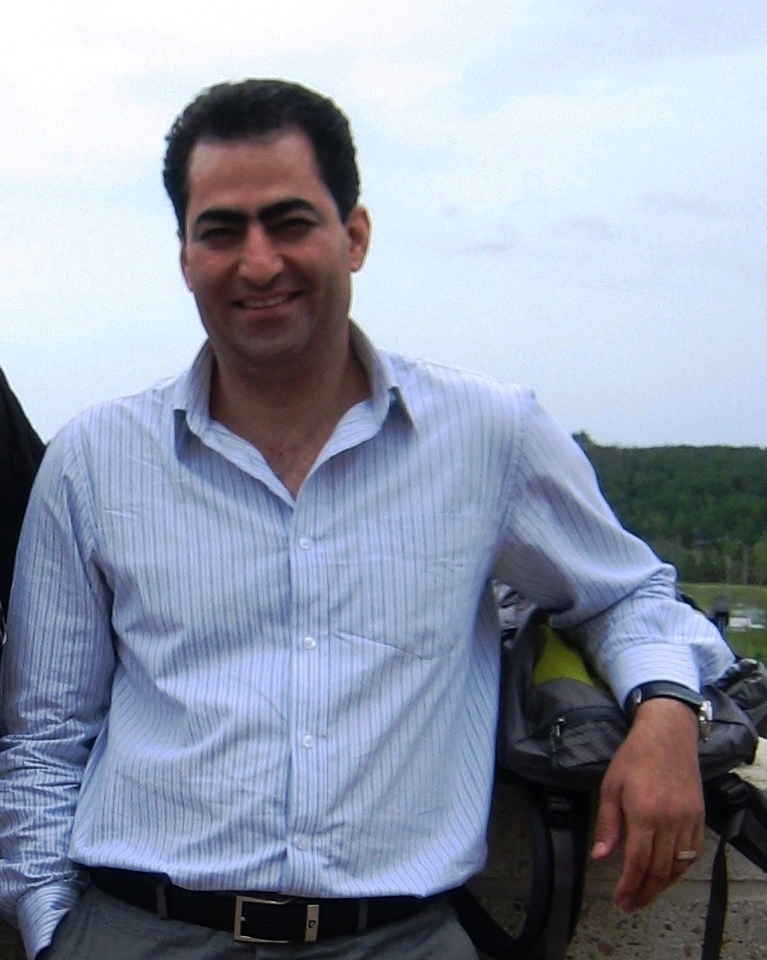
Mohammad Reza Shokri
I am a marine biologist with research and teaching interests in fish ecology, coral reef ecology, marine conservation, and marine environmental management. I love working on these creatures because of their fascinating way of reproduction, and because most of them are listed internationally as Vulnerable or Endangered on the IUCN Red List and their protection could enlist public attention for their coexisting species and associated ecosystems.
Malaysia Seahorse Experts
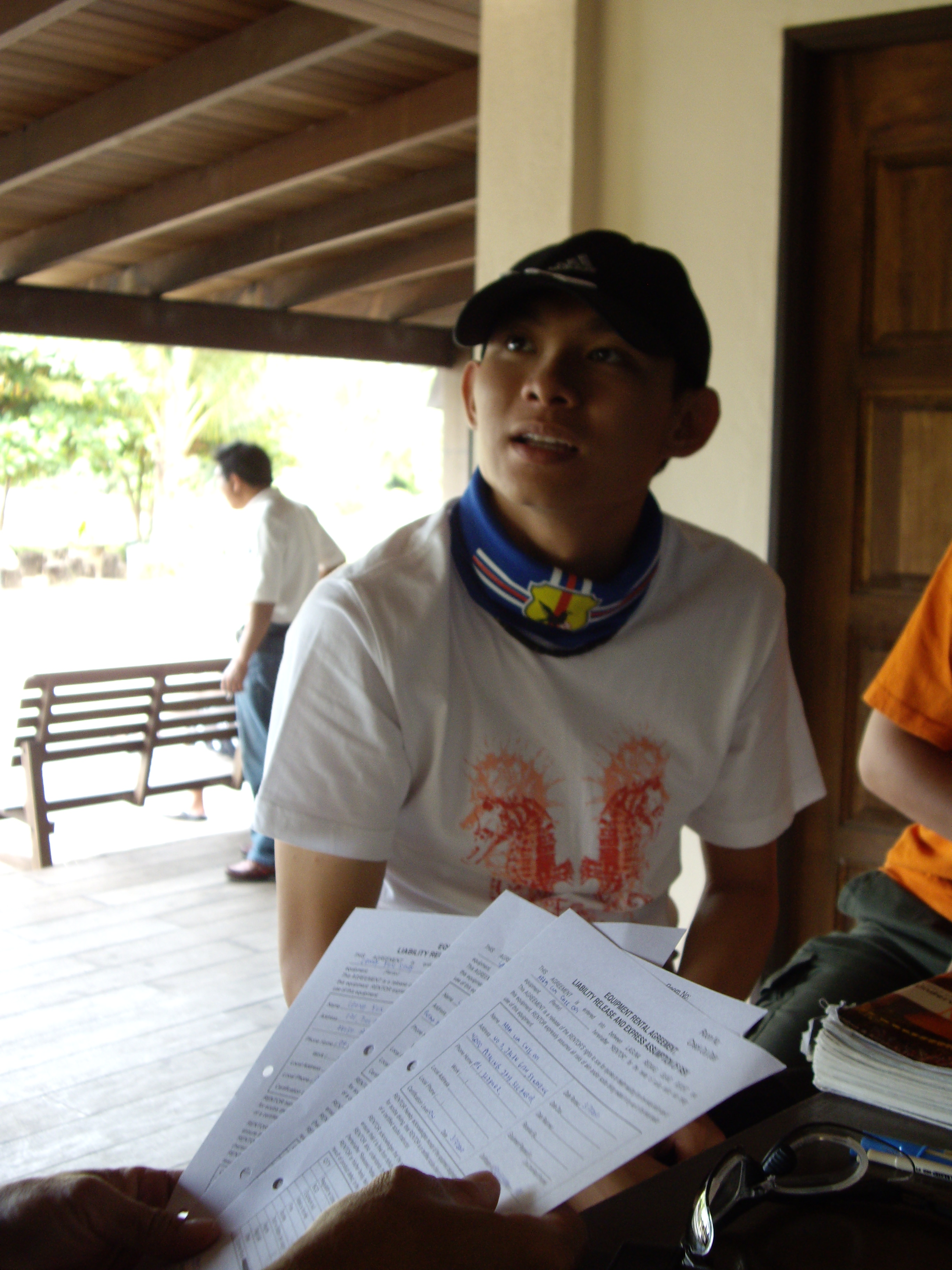
Adam Lim
Marine biologist specializing in syngnathid biology & conservation in Malaysia. Working towards getting seahorses protected in the country.
Malaysia Ambassadors
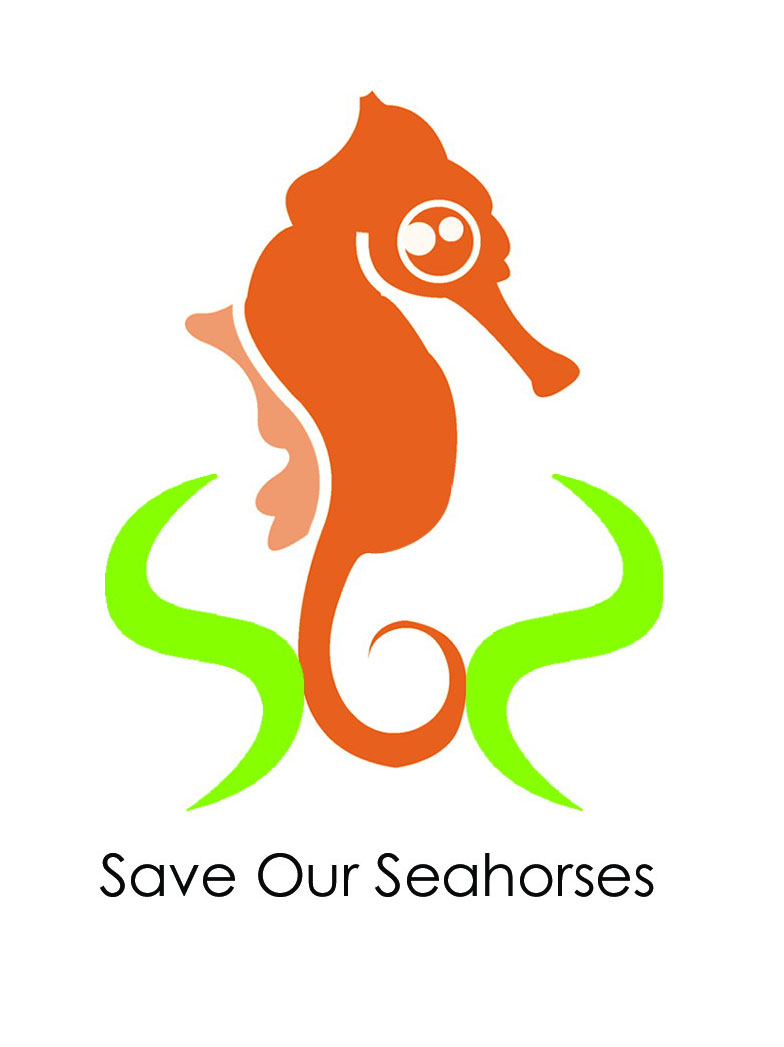
Save our Seahorses Malaysia
Save Our Seahorses Malaysia (SOS Malaysia) is a non-profit group established in 2005 which uses seahorse as a flagship species to conserve vital marine habitats. Our major areas are in research, education and awareness, and information dissemination.
Mozambique Ambassadors
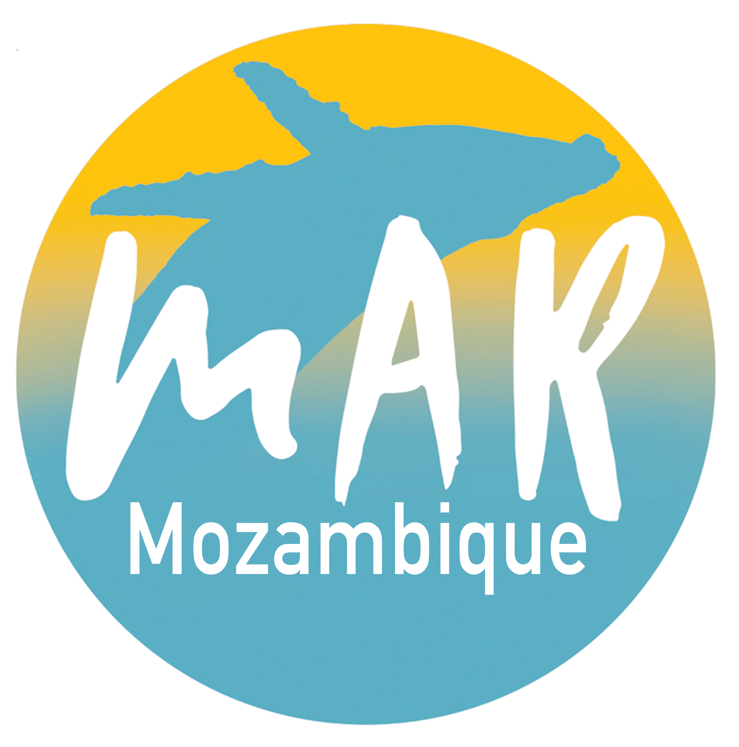
Marine Action Research - Zavora Marine Lab
Marine Action Research (MAR) is a conservation organization based out of the Zavora Marine Lab in Mozambique. Our mission is to conserve the marine biodiversity of Southern Mozambique and secure a sustainable future for local communities through research, diving, and ocean education. Our wide array of projects focus on larger marine megafauna such as manta rays and humpback whales, as well as the often overlooked macrofauna, such as nudibranchs and seahorses.
All our projects are driven by our love for the ocean and our passion to help save it. Most of our focus is on species and ecosystems that are understudied and under threat. Seahorses are a perfect example of this as we know very little about their populations in Mozambique and they are threatened by multiple stressors. Our goal is to obtain trends data to evaluate the status of their populations here which will help to protect them and their habitat along this beautiful coastline.
Peru Ambassadors

Angela S. Hernando Blotte - Proyecto Seahorse Peru
Angela S. Hernando Blotte is a Marine Biology student and is the director of the Seahorse Peru project. Angela is interested in specializing in the study of seahorses due to the vulnerability and lack of information that exists about this species in countries such as Peru and others.
Portugal Seahorse Experts
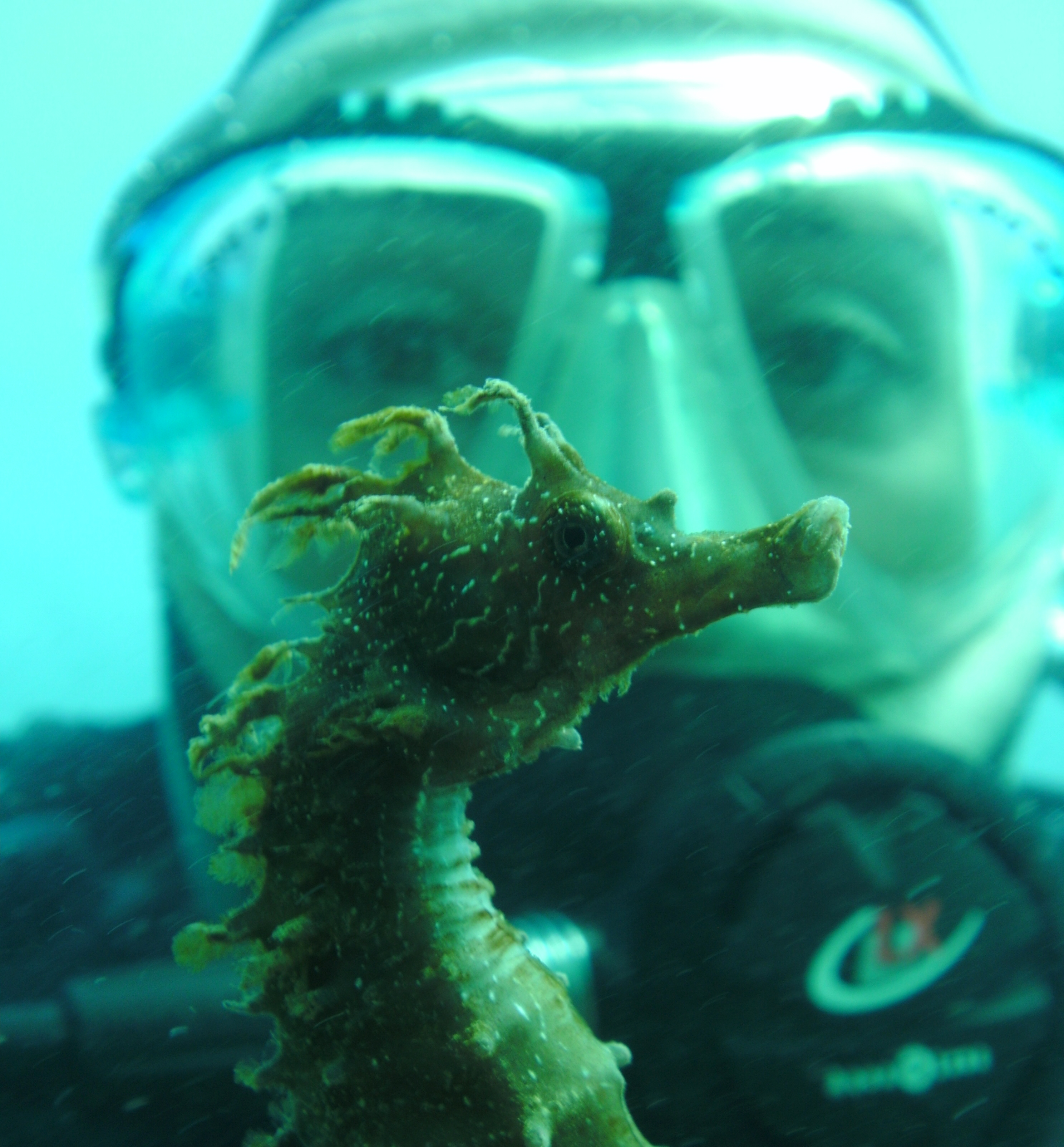
Miguel Correia
I am a researcher based at the University of the Algarve, Portugal. I’ve been studying both European seahorse species (Hippocampus guttulatus and Hippocampus hippocampus) since 2007 looking at several aspects of their biology and ecology. Having the privilege of working in the Ria Formosa, I have been able to develop a successful breeding program in captivity for both seahorse species and monitor their wild populations. Considering seahorses are vulnerable and excellent flagship species, I’ve been actively engaging local stakeholders to protect their ecosystem.
Philippines Seahorse Experts
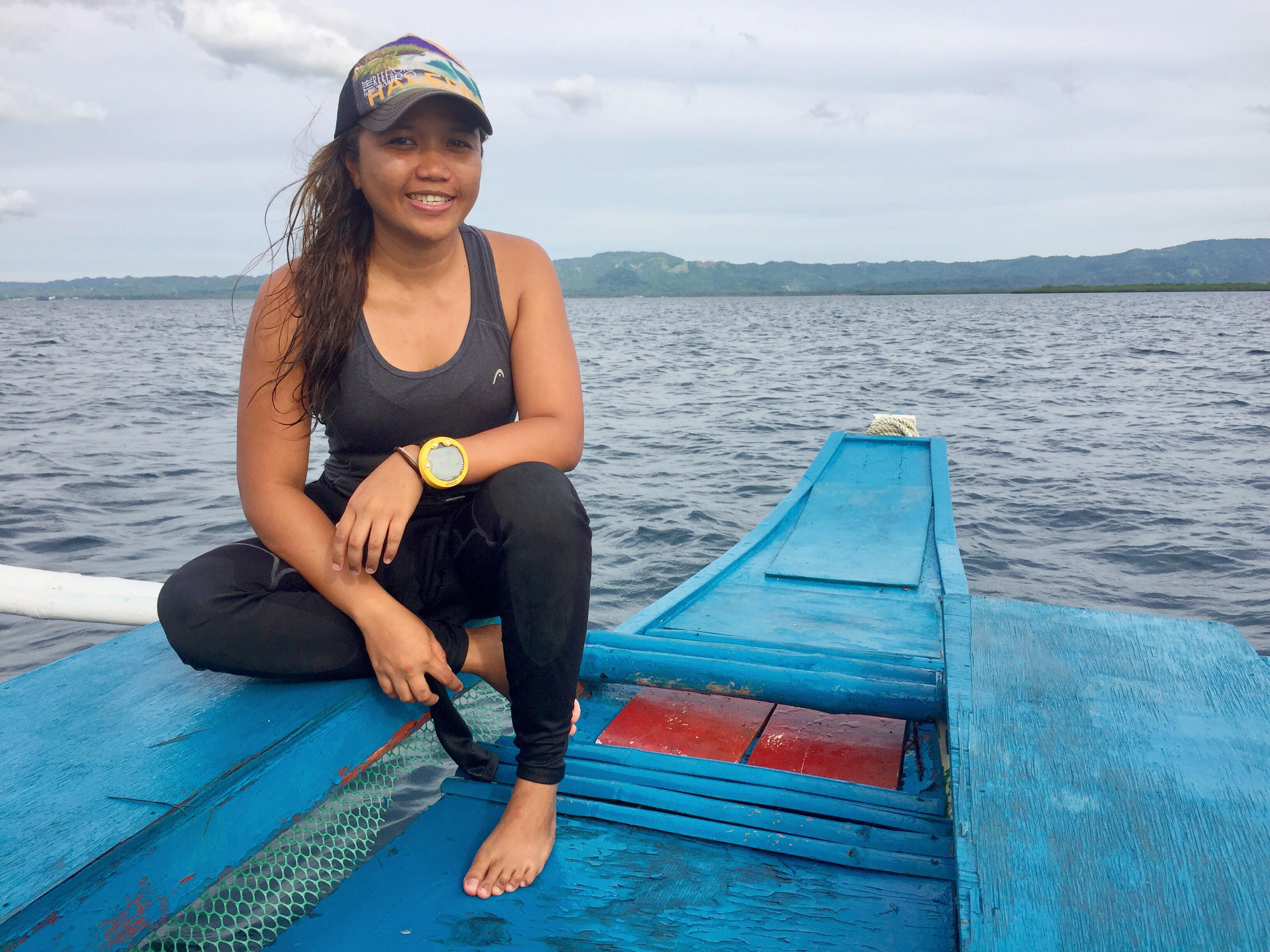
Chai Apale
A marine biologist/conservationist who loves seahorses because: 1) of their very unique reproductive system; 2) threatened species due to global demand of live and dried trade, and are being illegally traded; and 3) a perfect example of a flagship species that promotes, not just for the conservation of seahorses, but for marine conservation in general.
South Africa Seahorse Experts
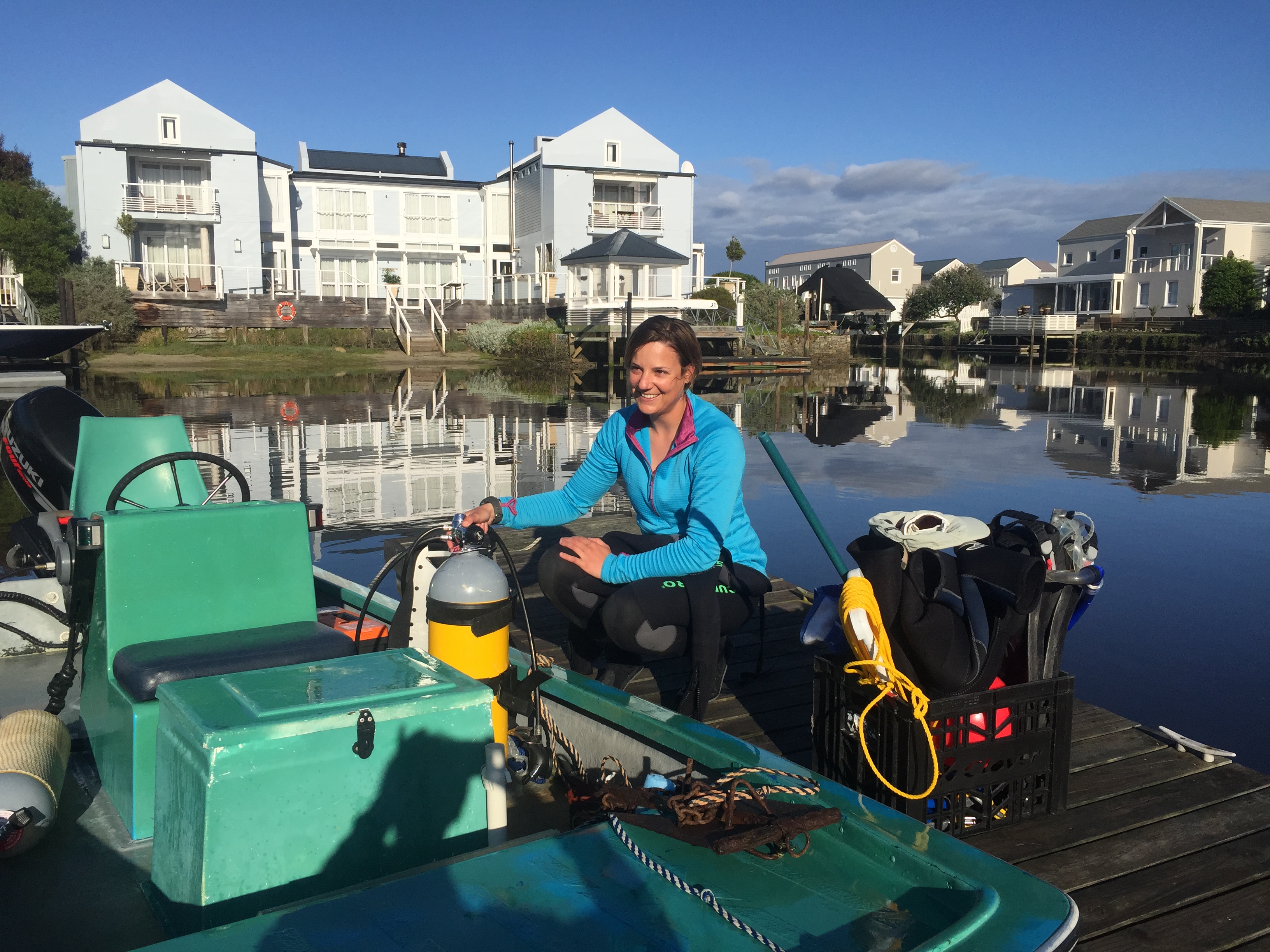
Louw Claassens
Louw Claassens is Director of the Knysna Basin Project, an environmental NGO based in Knysna, South Africa. She recently completed her PhD at Rhodes University on the population ecology, habitat use and behaviour of the Endangered Knysna seahorse, Hippocampus capensis.
Thailand Seahorse Experts
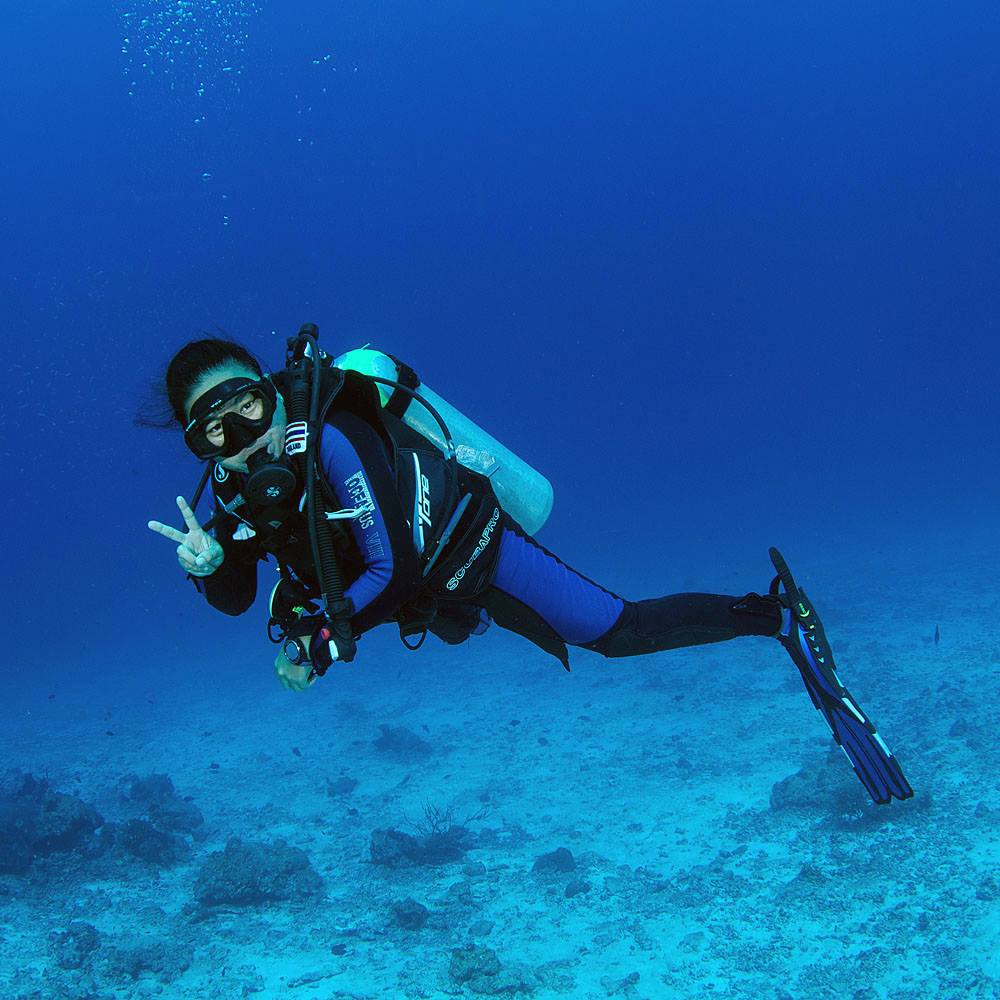
Topsi Wansiri Rongrongmuang
A dive instructor and marine conservationist, Topsi has been working with different environmental organizations for more than 15 years. She got involved with Project Seahorse in 2013 as a research assistant in Thailand and is still an active member of iSeahorse.org. She gets excited every time she finds a seahorse underwater in their habitat and is glad to see them protected.
Thailand Ambassadors
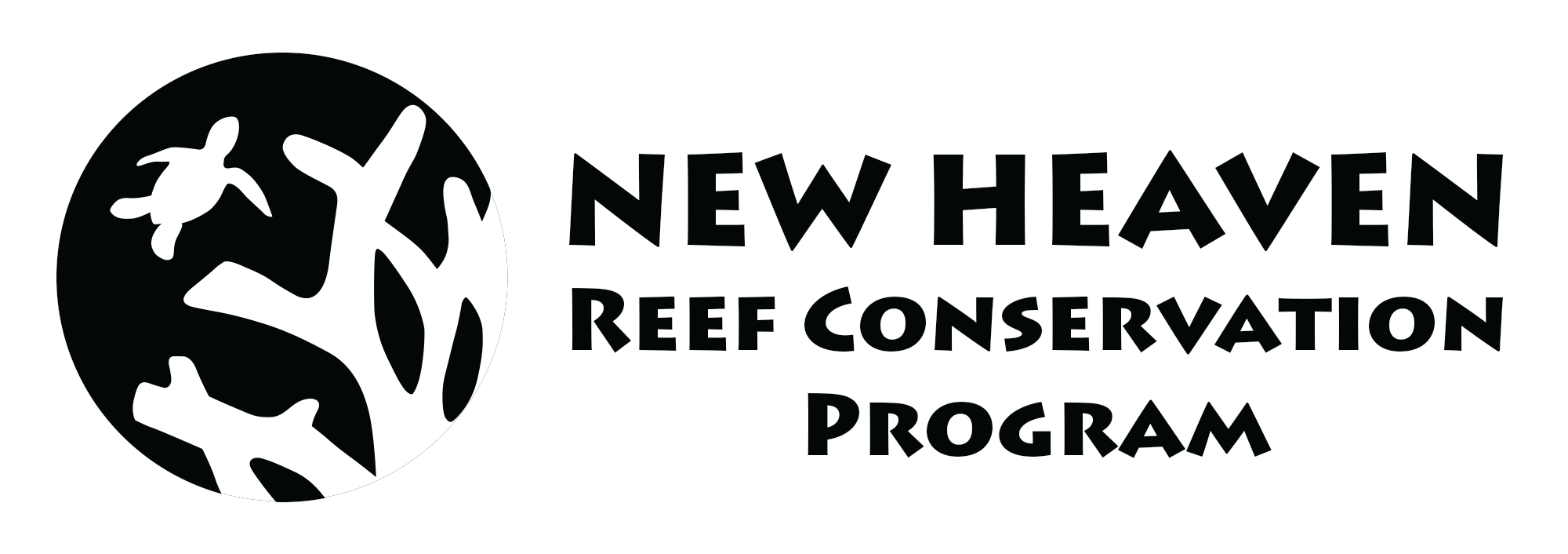
New Heaven Reef Conservation Program
Seahorses are a fascinating and unique group of bony fishes loved by divers and marine enthusiasts. Thailand is actually one of the world’s top exporters of seahorses, sending out about five million individuals per year, mostly to Taiwan and China. At New Heaven Reef Conservation Program, we monitor local seahorse populations to understand their dynamics and promote awareness and protection.
United Kingdom Seahorse Experts
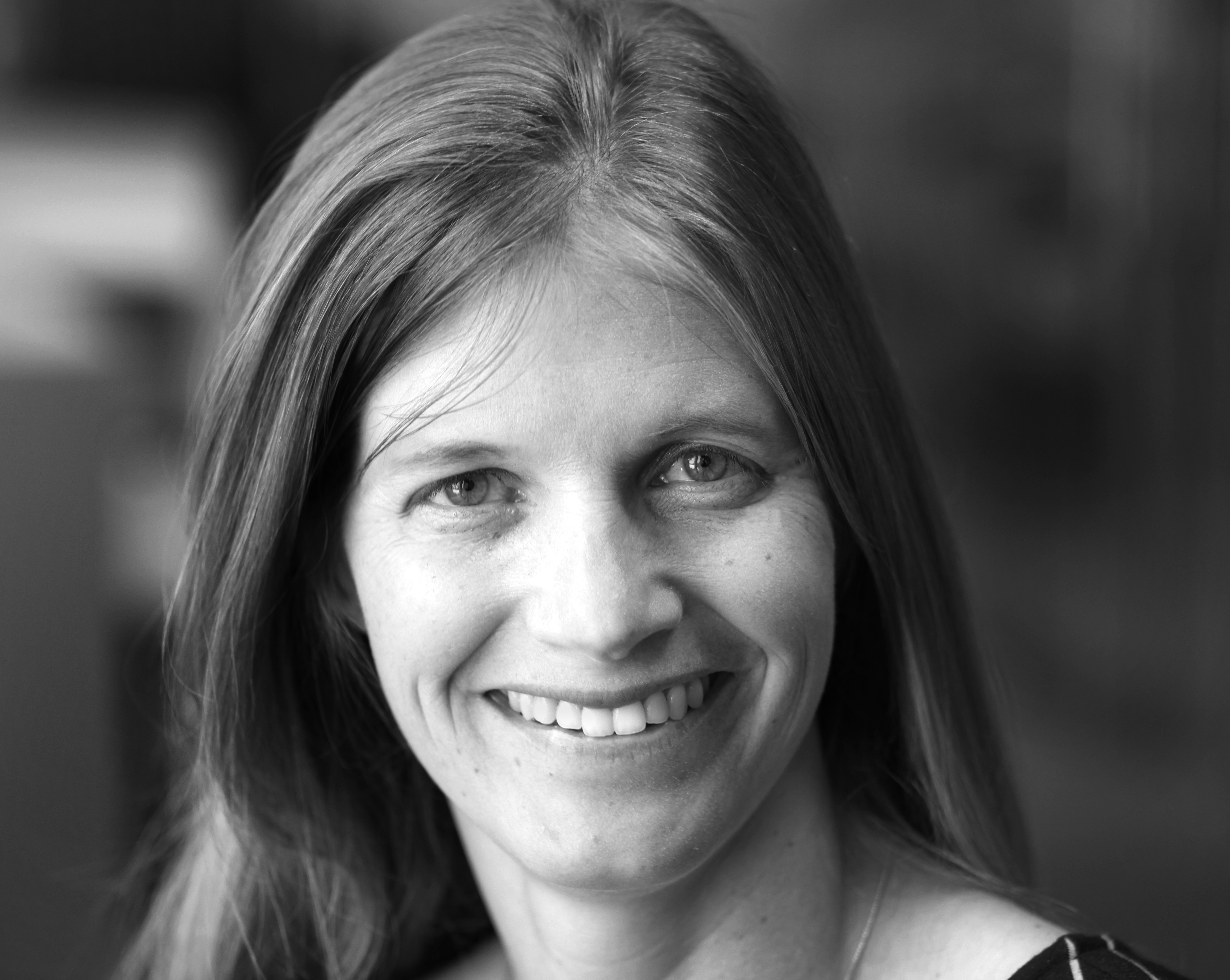
Lucy Woodall
Dr. Woodall is a marine biologist based at the University of Oxford and is funded by Nekton. Her current research focuses on elucidating the processes that drive biodiversity in the marine biome and understanding the resilience of the ocean. She seeks to understand the impacts of human activities on the marine environment. In particular she has led deep sea research into microplastics and marine litter, and continues to engage and consult on these issues with national and international bodies. She has worked across the globe focusing on Syngnathidae and related fish, from seahorse conservation genetics in the shallows of the Mediterranean, to the biogeography bellowfish from remote Indian Ocean semounts.
United States Seahorse Experts
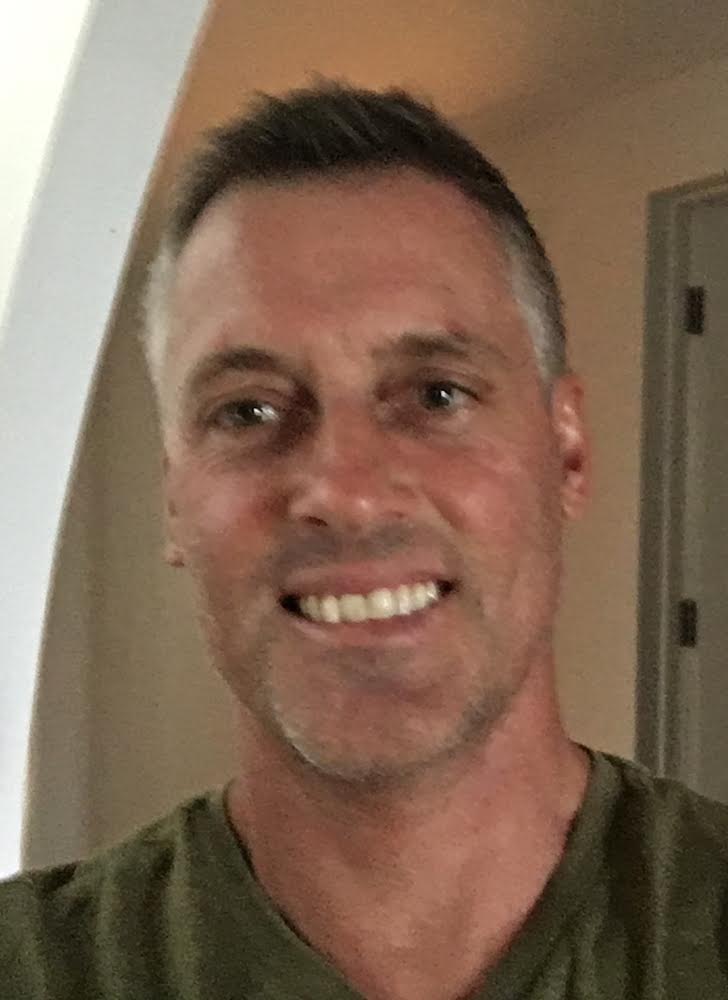
Graham Short
Research Associate at the California Academy of Sciences where I study the systematics and taxonomy of syngnathids. Research on these cryptic fishes and formal descriptions of new species are critical for them to be included in conservation policies and faunal listings.
United States Ambassadors
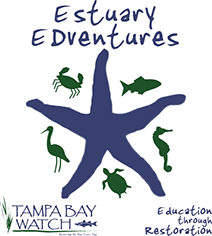
Tampa Bay Watch
We care so profoundly for our seahorses, and seahorses worldwide, because their fragile, delicate nature indicates whether or not we are doing our duty to protect the natural beauty and balance of the estuary. And also because they are super adorable.
